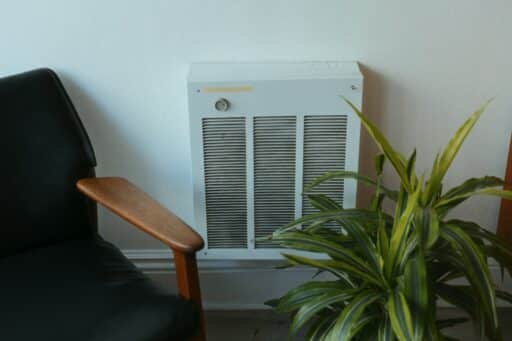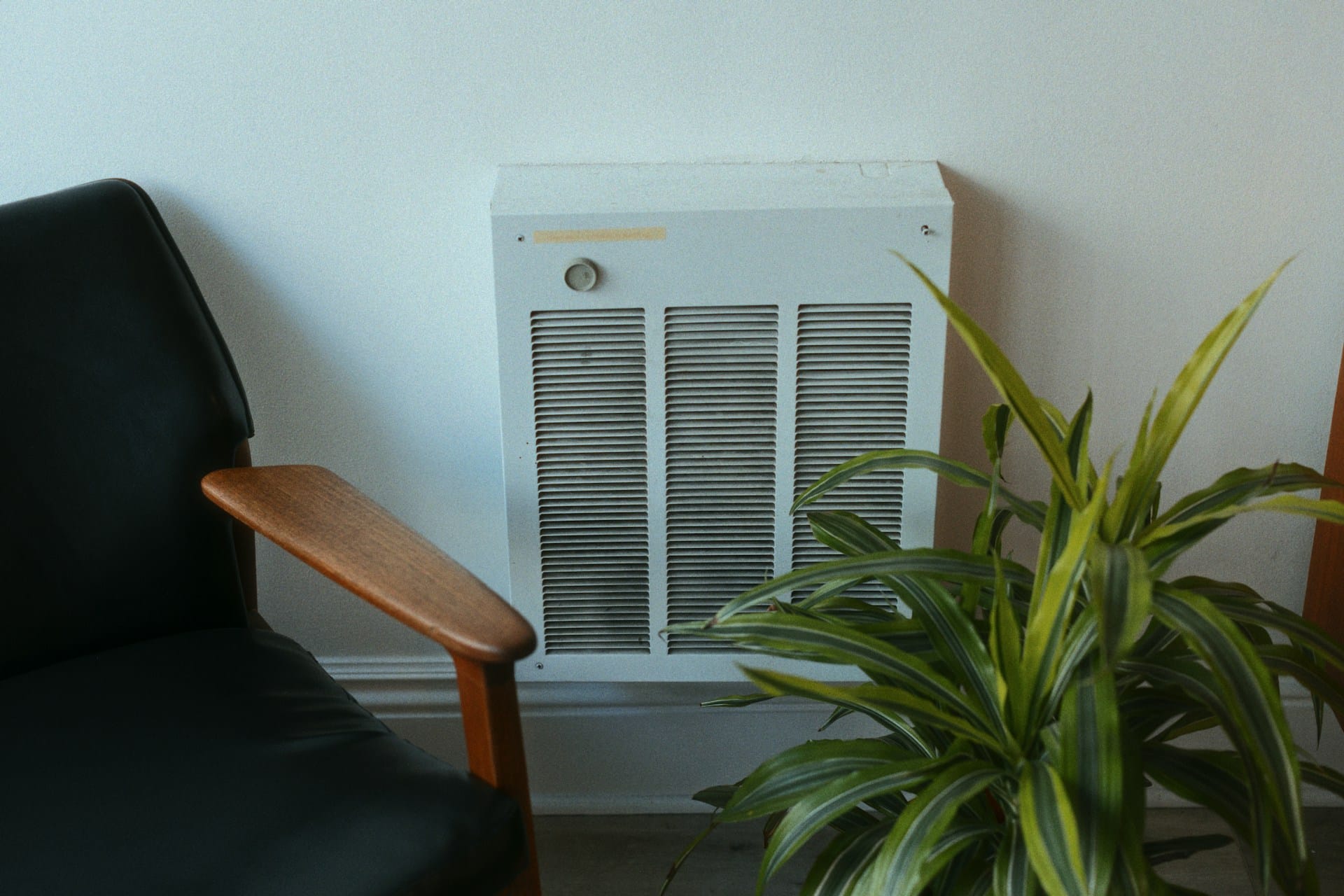Selecting the appropriate heating system for your residence goes beyond comfort; it significantly affects your energy bills and environmental footprint. With a wide array of heating systems available, understanding each option’s strengths and weaknesses enables homeowners to make informed decisions. This guide explores various heating systems, helping you determine the best fit for your home.
Types of Heating Systems
Homeowners often encounter various heating systems, including furnaces, heat pumps, and radiant heating. A furnace heats air and distributes it through ductwork, ideal for colder climates due to its high efficiency in extreme temperatures. Heat pumps, on the other hand, provide both heating and cooling functions, making them versatile choices for moderate climates. They extract heat from external sources, transfer it indoors, and operate efficiently even when temperatures drop.
Radiant heating involves heated surfaces, like floors or walls, radiating warmth throughout a room. This approach offers comfortable warmth without the drafts and noise typically associated with forced-air systems. Understanding these systems is the first step in selecting the appropriate heating for your home.
Maintenance and Longevity of Heating Systems
Choosing a heating system involves considering its maintenance requirements and expected lifespan. Regular maintenance enhances system efficiency and longevity. Heating systems like furnaces need annual inspections to ensure safe operation and peak performance, while heat pumps might require less frequent checks, particularly in milder climates.
Understanding your commitment to ongoing maintenance plays a critical role.
Some systems may require more intricate service needs, necessitating hiring professionals often. If you experience an issue with your heating, you can call local professionals to assist promptly. Ensuring your selected heating system fits your maintenance capabilities can enhance your satisfaction with your choice.
It is prudent to factor in the long-term availability of replacement parts, as systems with obscure components can lead to costly and delayed repairs. Inquiring about the manufacturer’s warranty and what specific maintenance tasks are required to keep it valid can protect your investment.
The energy source, whether natural gas, electricity, or oil, can influence maintenance schedules and your home’s ongoing operating expenses. Many homeowners find value in setting up a recurring service plan with a trusted HVAC provider to automate their maintenance schedule. By carefully weighing these factors alongside the initial purchase price, you can make a selection that ensures comfort and reliability for years to come.
Energy Efficiency Considerations
Energy efficiency is a critical factor when choosing a heating system. High-efficiency models can significantly reduce energy consumption and lead to lower utility bills. Look for the Annual Fuel Utilization Efficiency (AFUE) rating for furnaces or the Seasonal Energy Efficiency Ratio (SEER) rating for heat pumps. Systems with higher ratings typically use less energy to produce the same amount of heat.
Incorporating energy-efficient practices, such as regular maintenance and the use of smart thermostats, can enhance the effectiveness of your heating system. Smart thermostats optimize temperature settings based on your schedule, allowing for energy savings when the house is unoccupied. Proper insulation complements energy efficiency, ensuring that heat remains within the living space rather than escaping through Drafty windows or poor insulation.
Cost Factors for Installation and Operation
When determining the right heating system, take into account both installation and ongoing operational costs. The initial purchase and installation costs can vary significantly depending on the system type. Furnaces might have higher upfront costs, but their longevity and efficiency can offset the price.
Operational costs are equally important. Systems that are efficient and consume less energy translate into lower monthly bills. To gain a comprehensive picture, estimate your annual energy consumption based on local energy prices and the system’s efficiency ratings.
Assessing potential tax benefits for energy-efficient systems and local rebates can help offset the initial costs. Factor in these elements to make a financially sound decision when selecting your heating system.
Climate Considerations and Local Environment
Your regional climate plays a critical role in determining the most suitable heating system. Homes in colder regions may require robust systems like gas or electric furnaces, while mild climates can benefit from heat pumps or even wood stoves.
It’s important to think about your home’s insulation, geographical location, and even local air quality when selecting a system. Homes situated in areas with heavy air pollution may face prohibitions on certain fuel types, making electric or eco-friendly systems more appealing.
Understanding your local climate and environmental factors will enable you to select a heating system that meets your comfort needs and adheres to regulations and standards.
In regions with high humidity, a system’s ability to manage moisture levels can be as important as its heating capacity. The orientation of your home and the number of sun-exposed windows can passively influence heating loads, which should be accounted for in system sizing.
Local utility companies often offer rebates or incentives for installing high-efficiency or renewable energy systems, which can significantly offset the initial cost. Consulting with a contractor who has specific experience with homes in your immediate area can provide invaluable, hyper-local insight. A heating solution that is harmonized with its environment will operate more efficiently, cost less to run, and provide superior comfort throughout its service life.
Environmental Impact and Sustainability
As climate change becomes an increasingly pressing issue, many homeowners are thinking about the environmental impacts of their heating choices. Traditional fossil fuel systems, although effective, contribute significantly to greenhouse gas emissions. In contrast, electric systems powered by renewable energy sources, such as solar or wind, can drastically reduce your home’s carbon footprint.
If sustainability is a priority, utilize options like geothermal heating, which utilizes the earth’s stable temperature to regulate your home’s heating and cooling needs. These systems are energy-efficient and have minimal environmental impact. Evaluating your heating system’s environmental footprint can guide you toward a more sustainable and responsible choice for your home.
Choosing the right heating system requires a comprehensive evaluation of numerous factors, including system types, efficiency, costs, maintenance requirements, climate, and environmental impact. Weighing these elements enables you to identify the best option that meets your comfort and budget needs. The right heating system can enhance your home’s comfort while being environmentally conscious, ensuring an enjoyable living space for years to come.








